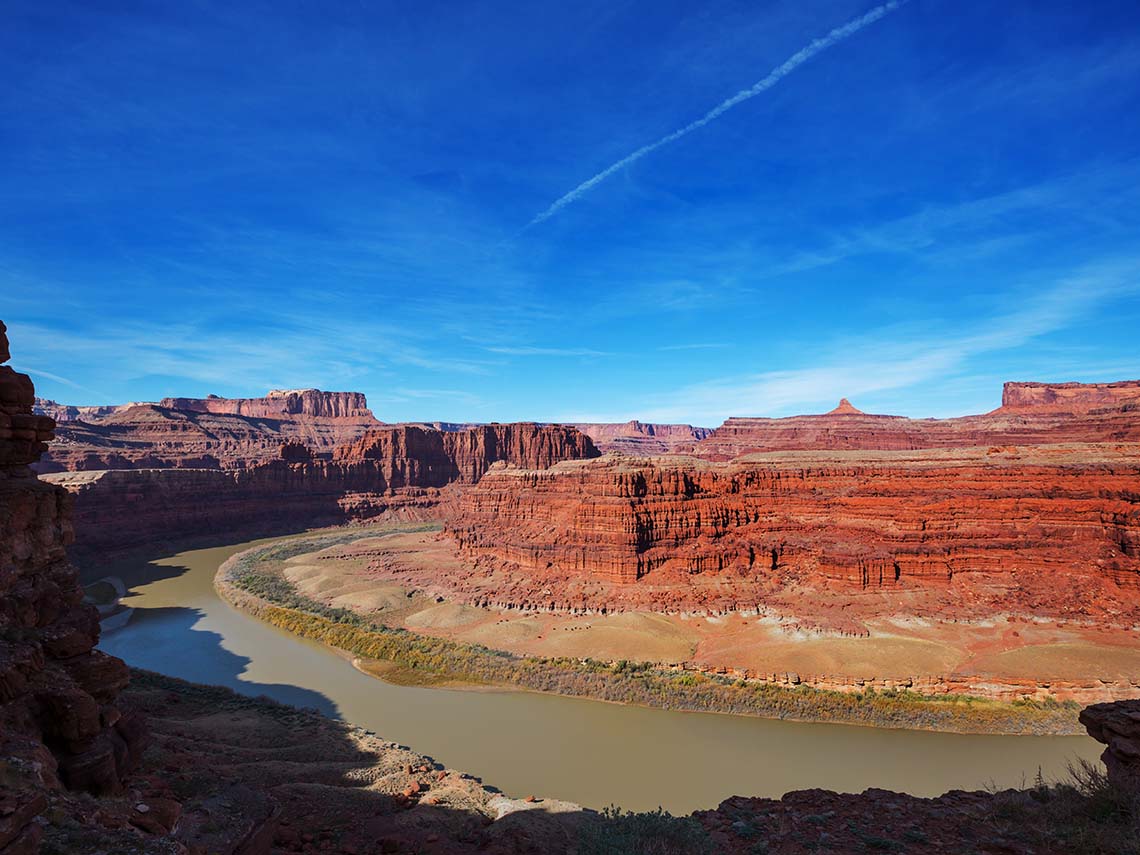In recent years, many Arizona employers have seen daunting challenges in funding their pension obligations. However, a transformative tool emerged in 2020 during the Fifty-Fourth Legislature, Second Regular Session – Senate Bill 1354 (S.B. 1354), which paved the way for the Arizona Employers’ Pension Prefunding Plan (AEPPP), a pioneering Section 115 trust program sponsored by the Public Safety Personnel Retirement System (PSPRS) Board and administered by Public Agency Retirement Services (PARS) in partnership with Vanguard and U.S. Bank.
PARS and PSPRS have served as the major driving forces behind this initiative, which has assisted employers in proactively addressing their pension liabilities and stabilizing contribution costs. The AEPPP itself offers participating employers a structured framework to prefund their PSPRS obligations, providing stability and flexibility in pension management. The sponsor for this bill was Arizona Senator David Livingston, now a State Representative.
PARS: The Catalyst for Positive Change in Pension Prefunding
As the trusted IRC Section 115 trust administrator, PARS played a central and pivotal role in pioneering pension prefunding trusts in Arizona, as they did in other states with over 300 local government clients using this concept. With unmatched specialization in IRC Section 115 trust management, compliance, and recordkeeping, PARS provided a level of assurance that employers’ pension assets were managed with utmost care and adhered to federal and state regulations.
Unique Features Setting PARS Apart
Some key features make this locally controlled PARS-PSPRS trust prudent for local governments in Arizona:
Tailored Solutions
PARS understands that each employer’s financial situation and pension needs are unique. As a result, the organization offers personalized solutions tailored to meet the specific requirements and goals of each employer participating in the AEPPP.
Proactive Guidance
PARS takes a proactive approach to support employers in navigating the intricacies of PSPRS cost and liability management using the trust program. Their team provides timely guidance and strategic insights, empowering employers to make informed decisions for long-term financial security.
Comprehensive Support for Seamless Administration
PARS extends comprehensive support to participating employers within the AEPPP. From the initial trust setup to ongoing administration, PARS streamlines the entire process, empowering employers to establish and maintain their pension reserve trust with ease. By entrusting the complexities of trust administration to PARS, employers gain the freedom to focus on their core responsibilities.
Unparalleled Expertise in Prudent Investment Strategies
One of the Section 115 trust program’s greatest strengths lies in Vanguard Institutional Advisory Services’ Pension Group and U.S Bank’s expertise in investment management. They offer employers tailored investment strategies designed exclusively for pension reserve funding. These strategies cater to employers’ risk tolerance and long-term financial goals, optimizing the growth potential of their prefunded assets versus keeping them in a Local Government Investment Pool or a county treasury pool.
Transparency and Accountability
Transparency and accountability are at the core of the principles in administering the AEPPP. Senate Bill 1354 emphasizes the importance of enhanced transparency, and with PARS’ support, employers benefit from local control in terms of contributions, disbursements and investment selections as well as consulting, auditing and reporting support.
Empowering Arizona Employers
PSPRS sponsored Senate Bill 1354 heralds a new era in pension contributions and costs management for Arizona local governments. The combined expertise of PARS, Vanguard, and U.S. Bank serving as the PSPRS designated providers gives employers seamless administration, prudent investment strategies, and enhanced transparency.
As Arizona continues its commitment to pension sustainability, PARS’s pioneering pension prefunding trust empowers employers to secure the financial future of their workforce. Senate Bill 1354 has enabled a notable shift in pension prefunding practices for Arizona employers. PARS’ unwavering commitment to excellence and PSPRS’ role as the driving force behind the AEPPP make them the key catalysts for better pension management by bringing this new financial tool into the state’s pension landscape.
Dorn Policy Group, Inc. Advocates for Arizona
When you partner with a government relations firm like Dorn Policy Group, Inc., you’re not just getting our support. You gain an invaluable partner who advocates for your success. With nearly 60 years of combined experience, we’re experts in obtaining the results you need for success. Contact us today to learn more about our services and what we can do for you.










